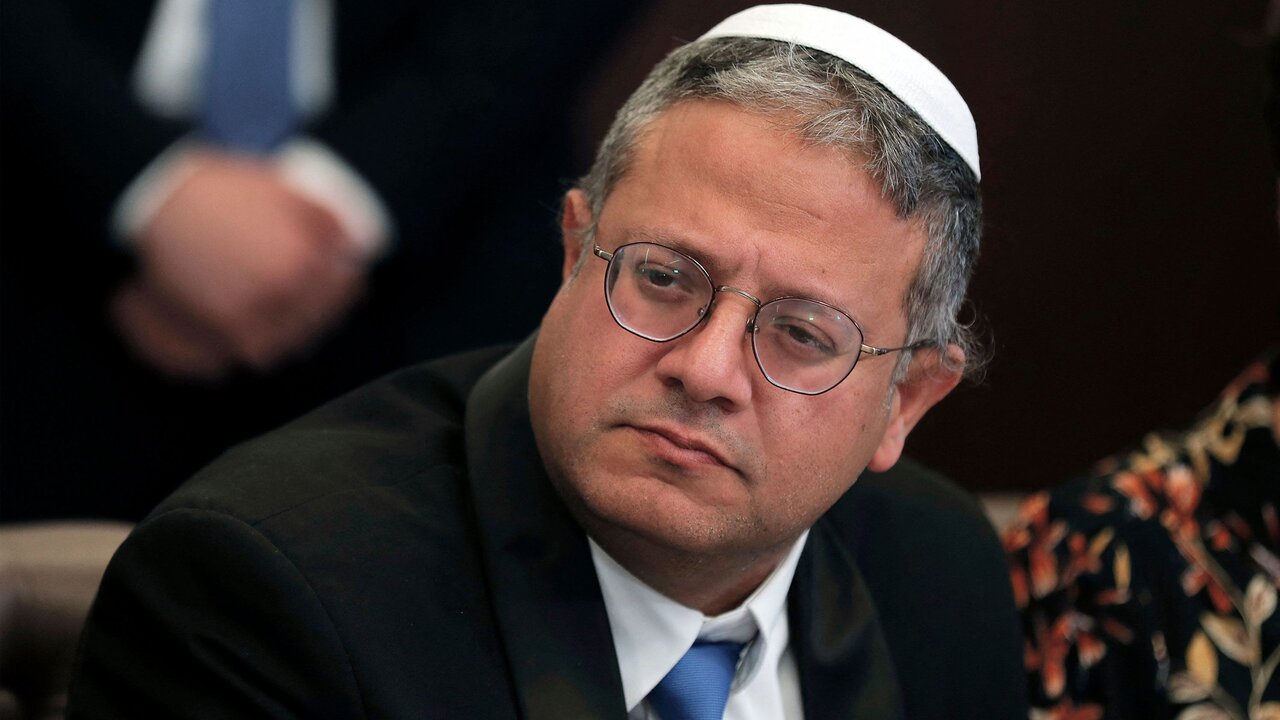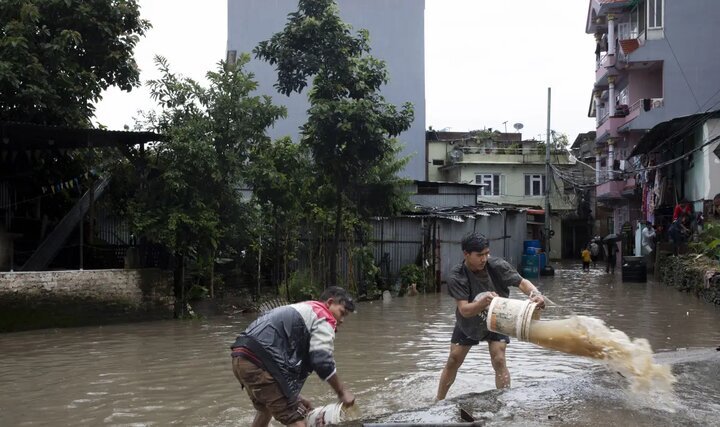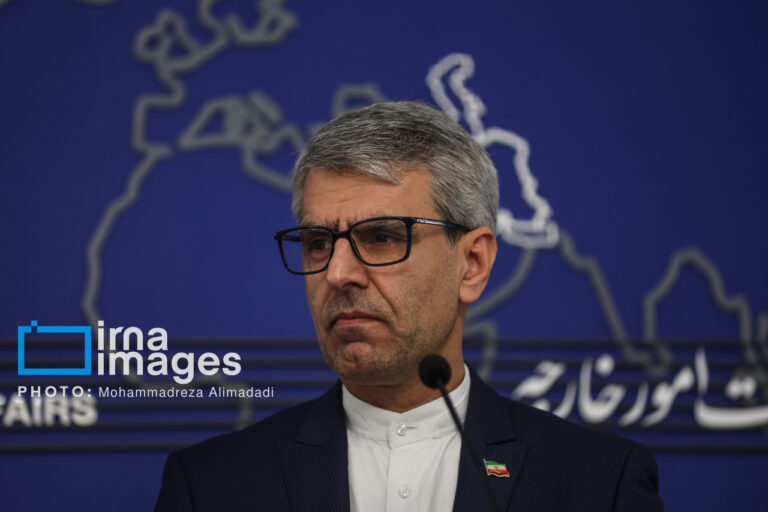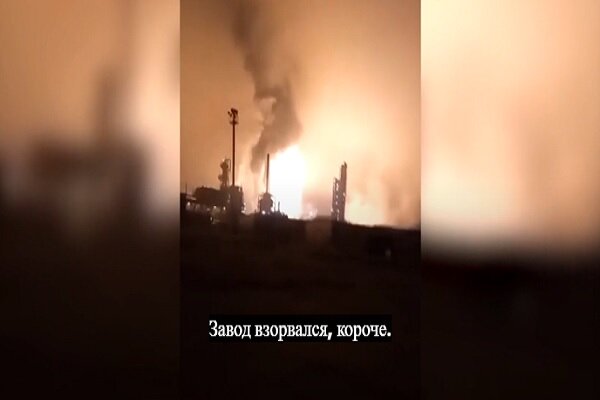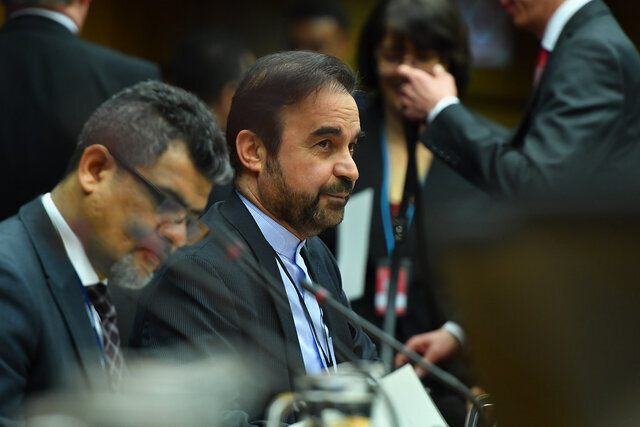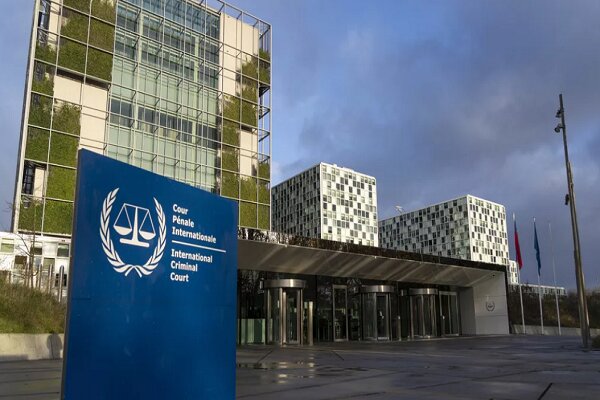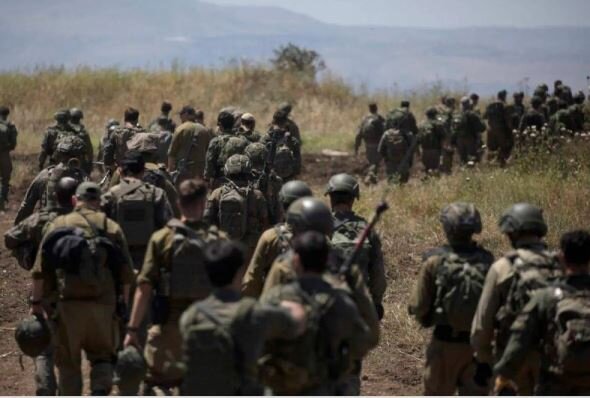Israeli Minister Ben Gvir Faces Water Bottle Protest During Controversial US Visit
In a recent incident highlighting the ongoing tensions surrounding Israel’s military actions, Israeli National Security Minister Itamar Ben Gvir faced significant backlash during his visit to New Haven, Connecticut. This confrontation occurred as protests against Israel’s actions in Gaza have intensified across college campuses this spring.
According to statements and videos released by Ben Gvir’s office, demonstrators expressed their dissent forcefully. “Water bottles were thrown” at Ben Gvir as he exited a building amid a crowd of protesters following a speech at Shabtai, a private Jewish organization at Yale University that operates independently of the institution.
The backdrop of this confrontation is the escalating protests on college campuses, which have become a focal point for those opposing Israel’s military operations in Gaza. The demonstrations reflect a widespread sentiment among students and activists concerned about the humanitarian implications of the conflict.
Here are some key points regarding the protests and the context surrounding Ben Gvir’s visit:
- Heightened Tensions: The protests come amid a backdrop of renewed unrest linked to Israel’s military actions, drawing attention from various student organizations.
- Protest Locations: Demonstrators have gathered at multiple college campuses, including Yale University, to voice their opposition to the Israeli government’s policies.
- Public Sentiment: The protests indicate a significant shift in public opinion among younger generations regarding Israel’s military strategies in Gaza.
- Response from Officials: Ben Gvir’s office has characterized the protest actions as violent and disruptive, highlighting the challenging environment for officials engaging with the public during such contentious times.
During his speech at the Shabtai society, Ben Gvir attempted to address the complexities surrounding Israel’s security measures and the ongoing conflict. However, his remarks were met with fierce opposition from protestors, who had gathered outside to express their dissent.
Critics of Israel’s actions have been increasingly vocal on social media and in public forums, raising awareness about the humanitarian crisis in Gaza and urging for a reevaluation of military tactics. The demonstrations are part of a larger movement that seeks to bring attention to the plight of civilians affected by the ongoing violence.
In recent weeks, similar protests have erupted at various universities, including:
- Harvard University: Where students rallied against perceived complicity in the Israeli government’s actions.
- Columbia University: Hosting a series of events aimed at fostering dialogue about the conflict.
- Stanford University: Engaging in discussions about the humanitarian impact of military operations.
The clash in New Haven underscores the growing divide in opinions surrounding Israel’s policies and the broader implications for peace in the region. Many students and activists are calling for a more nuanced approach that considers the humanitarian aspects of the conflict, advocating for a peaceful resolution rather than continued military engagement.
As the situation evolves, it is clear that the protests are likely to continue, especially as more public figures engage with communities that hold differing views on the Israeli-Palestinian conflict. The presence of officials like Ben Gvir at events in the United States will likely draw scrutiny and opposition from those who advocate for Palestinian rights and express concern over military actions in Gaza.
Furthermore, the protests reflect a growing trend among young people to engage actively in global issues through advocacy and activism. This engagement is reshaping conversations around foreign policy and humanitarian crises, pushing for accountability and a reexamination of longstanding political stances.
In conclusion, the confrontation involving Itamar Ben Gvir in New Haven is emblematic of a larger dialogue that is unfolding across university campuses and beyond. As protests continue to grow in intensity and frequency, the implications for both Israeli policy and international relations remain significant. Observers will be keen to see how these movements influence public opinion and policy decisions in the coming months.
